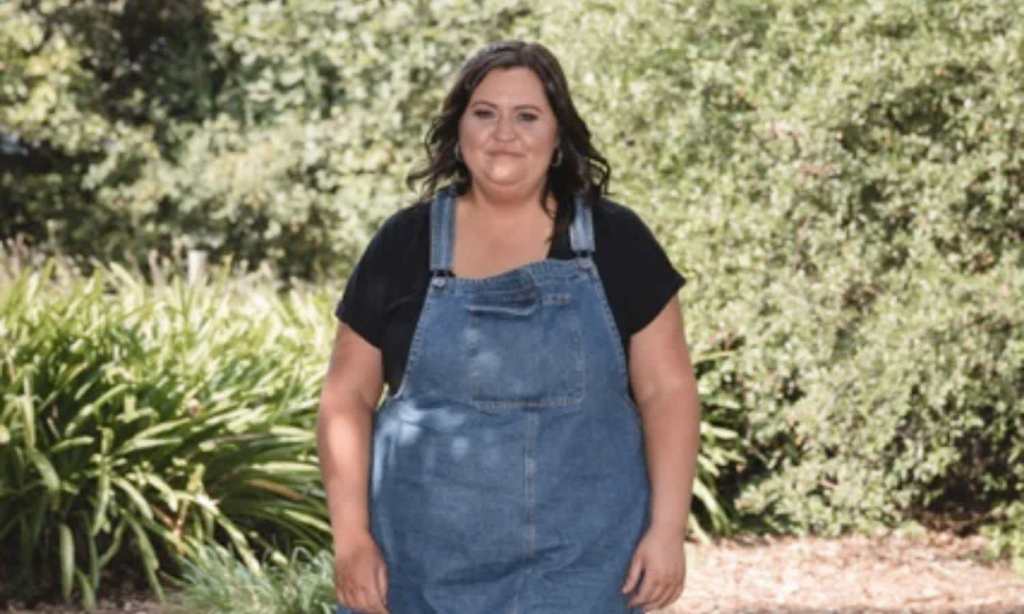Of all my hopes, dreams and quirky passion projects, funnily enough, I never envisaged a significant nervous breakdown featuring.
Far less still did I imagine this transpiring in my twenties, during what should have been the prime of my life and the start of a postgraduate qualification in journalism. Being forcibly removed by police in front of my boyfriend and neighbours, medicated against my consent under the Mental Health Act and then locked into a volatile public psychiatric ward, was every bit as dramatically shocking as it sounds.
My mental health challenges undoubtedly changed me and those and other related experiences altered the trajectory of my life for well over a decade. When I subsequently survived a suicide attempt, the grace which saved my life, also compelled me to help others. When climbing back from my free-fall into hell, I learned to embrace rock bottom as quite a fine and solid foundation upon which I could rebuild my life. I also believe that with the right interventions, support and opportunities, it may be possible for so many others.
From my scrambled thoughts and words back then, to an endless stream of misplaced items came a quiet determination that these issues would not define my forever. On the days I struggled to get out of bed, I would challenge myself to do one simple task which may facilitate a better tomorrow. This did not always pan out, but I learned that in one small step each day over the course of a decade, truly remarkable gains could be made. Not only can you reclaim your life in that time, but it is also possible to make it profoundly richer for having lived through these experiences.
My struggles made me grow stronger and more resilient. I learned valuable lessons in personal development while unlearning coping strategies that did not serve me. Ah, the endless bottles of champagne … we gave it a run. It’s just not overly surprising that it didn’t work out. Rather, embracing sobriety, mindfulness and gratitude became a catalyst for my emotional expansion.
Having been confined and sedated made me realise that if I found quiet contentment within myself, that was a kind of light that could not be forcibly removed against my will. Perhaps most importantly, I learned compassion and social awareness that made me a far more well-rounded and kind human being. Some of these skills increased my analytical capabilities. The experience of not having a right to self-determination made me appreciate self-actualisation when I could reclaim it.
To use my lived experience as a means to encourage others to keep persevering with their mental health recovery or to even circumvent some struggles became a new challenge. To do that through communicating and storytelling by writing felt like my natural course to decreasing isolation. I started writing articles on little known publications. Eventually my words featured widely in global press and happily my messages seemed to resonate.
The fact that I might make a difference in someone else’s journey eventually gave me the passion and drive to write my book. I wanted to share my experience to give others hope. Recovery can often feel arduous, but it is not impossible. With grit, determination and the encouragement, lives can be turned around. I wanted to gift my story and give back in terms of systemic change for pragmatism by donating 50% of the sales revenue from my story to Black Dog Institute’s lifesaving work.
Through writing my story, I learned so much. I got to heal old wounds. I got to appreciate those that had been so stoic and loyal to me. I got to analyse things from alternative perspectives. Perhaps most importantly though, I got to reframe the narrative of my experience. That was the point at which I realised I again had the power of control over my life.
Upon reflection, it seems surreal my younger terrified self, locked into a public ward, heavily medicated with antipsychotic cocktails could be lending herself to a hopeful story on World Mental Health Day just over a decade or so later. To have my story heard is validating, but to create wider change is significantly more valuable. From having speech so pressured, sentences were a challenge, to being set to embrace a talk on suicide prevention on a global TEDx stage, I have come to embrace life’s detours and enjoy the unexpected.
I no longer only celebrate outcomes, or even milestones. I am mindful to appreciate the challenges as well. Our everyday struggles can feel like absolute hell at the time, and yet later, with hindsight, we may reflect on them as life events that helped transform and shaped us into better people. For many of us, adversity becomes an amazing teacher. I have learned that dreams are not permanent and dreams that don’t come true are not life sentences.
My dream path took a significant detour, but it also helped me evolve. If we learn to harness uncertainty for long enough, our dreams may even be redefined completely. For me, that has culminated in what I like to think of as a transformative superpower. The only thing I have ever committed to in my recovery journey was taking my next best step towards a better tomorrow. I commit to continue that forever. That learning alone can take us, ‘A Very Long Way.’
Naomi Fryers is a writer, author, TEDx speaker and mental health advocate with a passion for storytelling and suicide prevention. Her debut memoir, ‘A VERY Long Way’ is based on her lived experience of recovery and will be available in all good bookstores from October 10, 2021. Fifty percent of sales proceeds will be given to Black Dog Institute for their life-saving work.
Read more stories from The Latch and subscribe to our email newsletter.

